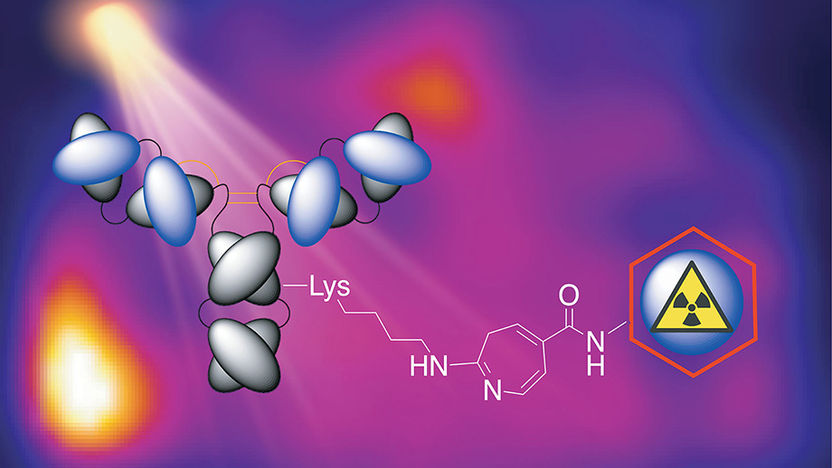Crybaby: The vitamins in your tears
Babies cry easily, but those tears may help shed light on the role and potential uses of vitamins in tears. Maryam Khaksari, a research specialist at the Chemical Advanced Resolution Methods (ChARM) Laboratory at Michigan Tech, is the lead author of a paper on the subject.

Testing for nutritional deficiencies in blood can be invasive and expensive. A team led by Michigan Technological University explored what it takes to switch to tears instead.
Sarah Bird, Michigan Tech
"Our goal was to seek the viability of establishing measurable units of tears for nutritional assessments," Khaksari says. "Your body cannot manufacture vitamins, and vitamins reflect available food sources in your body. That's what makes them good indicators of nutritional health."
The researchers are working towards inexpensive, tear-based microfluidic devices or strips to improve access to nutritional tests, especially for at-risk populations.
As the authors write, nutritional deficiencies are most often treated by symptoms, "however, symptom-presentation substantially lags behind the chemical level deficiency."
In children that damage can have lifelong effects, which is part of the reason Khaksari collaborated with a medical and analysis at UP Health System - Portage and Michigan Tech. They focused on babies with a 100 percent liquid diet of formula or breastmilk to understand the connection between parent nutrition and infant nutrition. Also, nutritional data gleaned from the parents help reveal the family's access to healthy foods.
They tested tear samples and blood samples from 15 four-month-old infants and their parents. In general, water-soluble vitamins were higher in infants and fat-soluble vitamins were higher in parents--notably, mothers tended to be more deficient across the board. Generally, there is a connection between parents and babies and the team showed a correlation between vitamins E and B. Formula-fed babies were the exception, with notably higher levels of B vitamins. The work is preliminary but shows promise for laying out trends in tear vitamin levels.
"Since tears contain vitamins," she says, "they might have real potential to replace other clinical tests."
Original publication
See the theme worlds for related content
Topic World Chromatography
Chromatography enables us to separate, identify and thus understand complex substances. Whether in the food industry, pharmaceutical research or environmental analysis - chromatography opens up a treasure trove of information about the composition and quality of our samples. Discover the fascinating world of chromatography!

Topic World Chromatography
Chromatography enables us to separate, identify and thus understand complex substances. Whether in the food industry, pharmaceutical research or environmental analysis - chromatography opens up a treasure trove of information about the composition and quality of our samples. Discover the fascinating world of chromatography!
























































